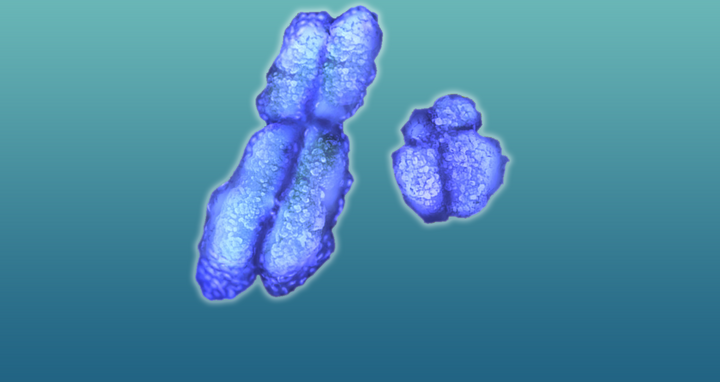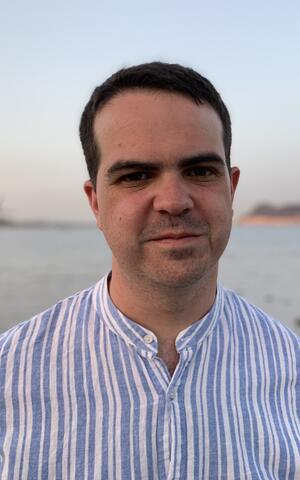EMBO fellowship for studies in sex development
Whether an individual develops male or female sex organs is decided in the embryonic development. This process of sex determination process can be triggered in different ways across species: In humans, as in most mammals, the sex chromosomes X and Y determine whether an embryo becomes male or female, while in other vertebrates this depends on the environmental clues. “Most turtle species for example produce males when incubation temperatures are low and females when they are higher,” says Rafael Dominguez Acemel from the Max Delbrück Center for Molecular Medicine in the Helmholtz Association (MDC).
In his research project at the MDC Dr. Rafael Dominguez Acemel will combine single-cell technologies, comparative genomics and advanced transgenic methods to unravel how vertebrate species respond to genetic and environmental sex determining inputs.
But how exactly do sex organs respond to different input signals to initiate male or female development, and what exactly happens to individual cells? Dominguez Acemel will now intensively investigate these questions for two years as part of an EMBO Postdoctoral Fellowship, which he was awarded in June. “Finding the answers will be exciting, not only because of the new insights for basic research, but also because climate change is influencing the sex ratios of many animal species, thus compromising their survival”, explains the researcher. He has since January 2020 been working in the Epigenetics and Sex Development Lab of Dr. Dario Jesus Lupíañez Garcia.
In a close collaboration with the lab of Professor Blanche Capel’s lab at Duke University in Durham, North Carolina, the researcher will apply single cell technologies, comparative genomics and transgenic models to compare the process sex determination across species. “We are looking at what happens in the individual cells of the sex organs before, during and after differentiation into ovaries or testicles,” reports Dominguez Acemel.
The findings derived from this project could lead to a better understanding of the variations in sexual development and could help promote the preservation of species threatened due to environmental changes such as climate change.
The EMBO Postdoctoral Fellowships are awarded for a period of two years to excellent early career researchers. The fellowships, which are worth about €140,000 each, not only provide financial support, but also offer the opportunity to attend laboratory leadership courses and networking events.
Text: Wiebke Peters






